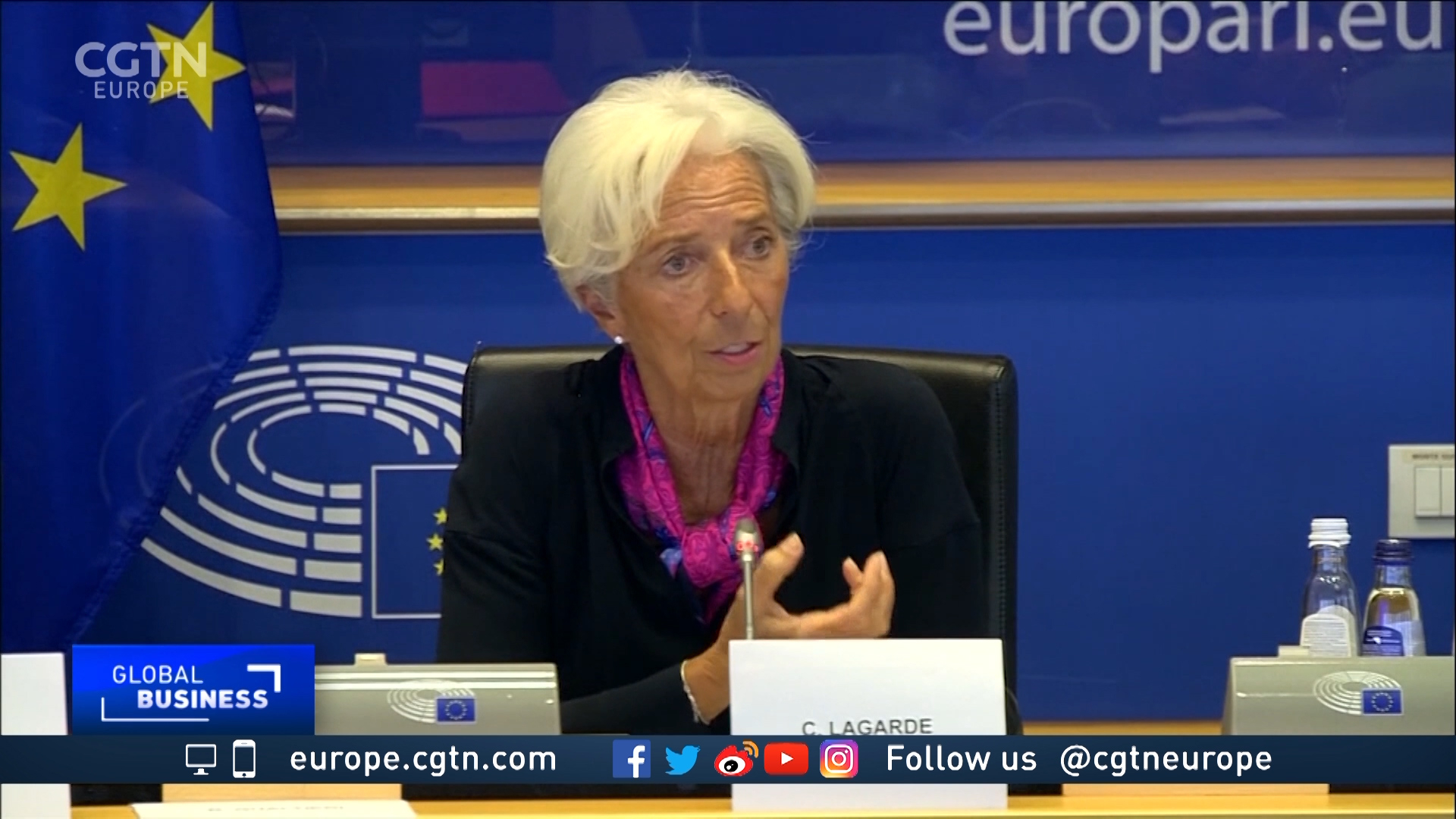02:31

The steely first lady of French finance Christine Lagarde is about to inherit the presidency of Europe's most powerful financial institution from outgoing boss Mario Draghi.
In her new role Lagarde will take responsibility for setting interest rates for the nineteen member states of the eurozone, controlling money supply and policing some of the biggest banks in the world.
Lagarde's predecessor Mario Draghi famously vowed to do "whatever it takes" to protect the Eurozone, but many economists believe his quantitative easing program went too far.
"She has always supported the ECB's loose monetary policy." said Commerzbank Chief Economist. "It means that I'm worried about this policy of Mr Draghi will continue and that we will see negative interest rates for many, many years to come and that we'll see an ECB that will increase share of government bonds."
Lagarde becomes president at a time of huge division among policy makers, when the single currency itself is still recovering from the most turbulent phase in its history. Some of the weaker economies of the bloc are still on life support, propped up by vast sums of cash provided by the central bank itself.
She's pledged to put sustainable development and environmental protection at the heart of her leadership. "Any institution has to actually have climate change risks and protection of environment at the core of their understanding of their mission." said Lagarde.
Lagarde is also a very different beast from her predecessor, who has a PhD in economics from MIT. She comes to the role with years of executive experience instead, most recently at the IMF and previously as French finance minister.
"The national bank governors should be good economists, the chief economist at the ECB should be a very good economist, the president should be a person who can orchestrate a discussion, who can listen, who can help to make a good decision. " said Jan Krahnen, Professor of Finance from Goethe University, "So that's- I think- her role in the future, it will be to take stock of opinions and to make good decisions on that basis."
However, at a time of of slowing global growth, with the added threat of trade wars and protectionism among some of the biggest economies, what will ECB under Christine Lagarde really look like ?